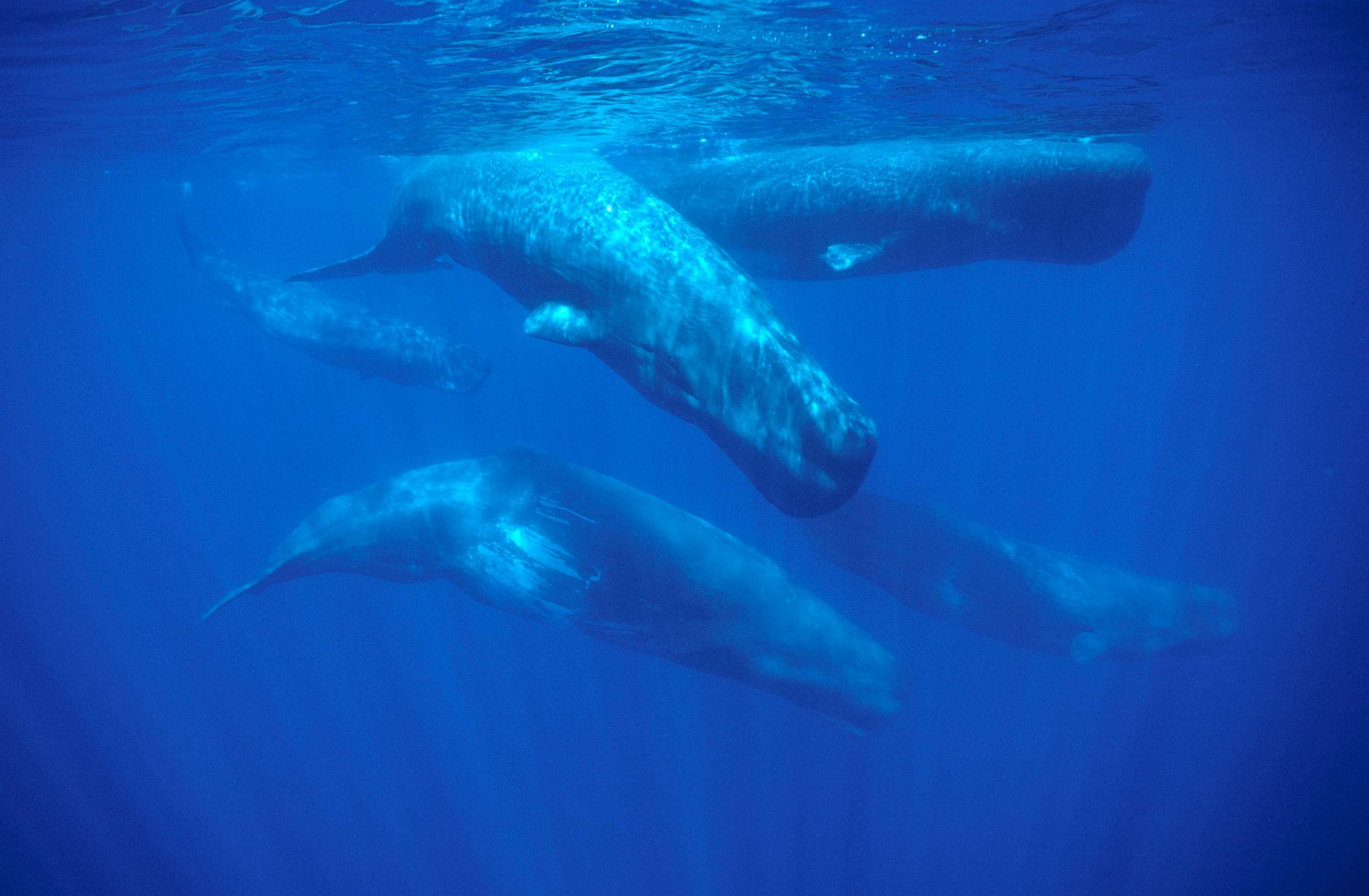
Studying the resilience of the largest brains on earth.

Mélise Edwards
Welcome to my website! I am a Postdoctoral Researcher in Pollen Lab in the Department of Neurology at UCSF. My research investigates how cetaceans (whales and dolphins) have evolved unique cellular and molecular mechanisms to tolerate extreme environments in vitro. As a passion project, I am also getting diving certified to observe and document these amazing animals in the wild. To learn more about my past, present, and future work, click the buttons below.

A Passion for Social and Racial Justice
Board Member & Athlete
Previous board member for the nonprofit Vertical Generation (Seattle) and nationally and internationally sponsored rock-climbing athlete for 10+ years.
Co-founder, MUSE Mentorship
Working to provide representative mentorship & resources—which have been shown to increase belonging & retention of severely underrepresented minorities (SURMS) in STEM fields.
Mentor and Advocate
Working to co-create mentorship programs, scholarships, resources, and honest dialogue which centers severely underrepresented minorities (SURMS) for improved outcomes for all.
Black Queer Feminist Praxis
Reading and engaging with Black Queer Feminist literature and scholarship and putting these ideas into practice lies at the heart of my work—from mentorship to science.

Science, our identities, and our global histories are continually shaping one another. Our work does not exist inside a vacuum.
Henrietta Lacks—the Black woman whose stolen cells make up the HeLa cell lines still used today.
Current Research Interests
Cetacean brain evolution
Deep-diving cetaceans, like sperm whales, spend the bulk of their lives hunting for giant squid and other prey thousands of feet below the surface. The pressure of these deep dives are so strong that it forces their lungs to collapse, and yet these animals can hold their breath to hunt for over an hour. Despite this stress on their nervous systems, sperm whales live long lives (~70+ years) and have evolved unique mechanisms to withstand hypoxia and other extreme environmental conditions. We aim to understand the mechanisms underlying cetacean resilience to hypoxia and other extreme conditions by testing these molecular and cellular adaptations in vitro.
Bioinformatics & AI/ML
With a passion for bioinformatics and high throughput sequencing technologies, I am keen to strengthen my skills in computational biology and learn AI/ML to be able to ask questions about the evolution of cetacean genomes. We can look at the expression of genes (called transcripts, or mRNA) within cellular subtypes and work to understand how these transcripts are regulated across species, cell types, and brain regions. (Image taken from the Allen Institute for Brain Science Cell Type Knowledge Explorer (CTKE) at brain-map.org.
Steroid hormone signaling & Multivariate Models of Sex
When scientists attempt to study sex differences, we must be mindful of the growing body of literature (spearheaded in large part by transgender and gender non-conforming [TGNC] scholars) which supports a multivariate model of sex. This model aims to consider multiple sexual traits (hormones, gonads, gametes, chromosomal organization, etc) to more precisely understand biological realities and/or patient outcomes. Steroid hormones, like estrogens, are of interest for their roles in cognition as well as their autocrine, paracrine, and endocrine signaling mechanisms in the brain and body. It is also important not to conflate sex with gender—a human-specific construct that is not binary.
(Image taken from McLaughlin et al., 2023. Integr Comp Bio. Please see relevant and fantastic work by Aghi et al., 2023. Biol Psych.)
See Research and Life Updates Here:

Reading within & beyond my field for holistic education & understanding.
While we are often not incentivized to read beyond our fields, I find that reading within and beyond my field has shaped my world views and enriches my life, scientific work, mentorship, ideas, service, and relationships immensely. From Black Feminist scholarship to Palestinian poetry, from history and politics to African short stories, from evolution and genetics to research on colorism throughout Latin America (PERLA) and beyond, I would not be the person, scientist, or scholar I am today without the knowledge I’ve obtained through reading, community, & service.









